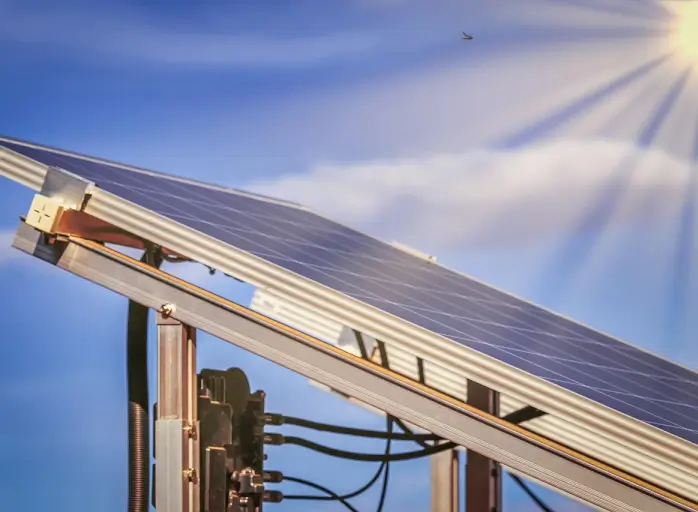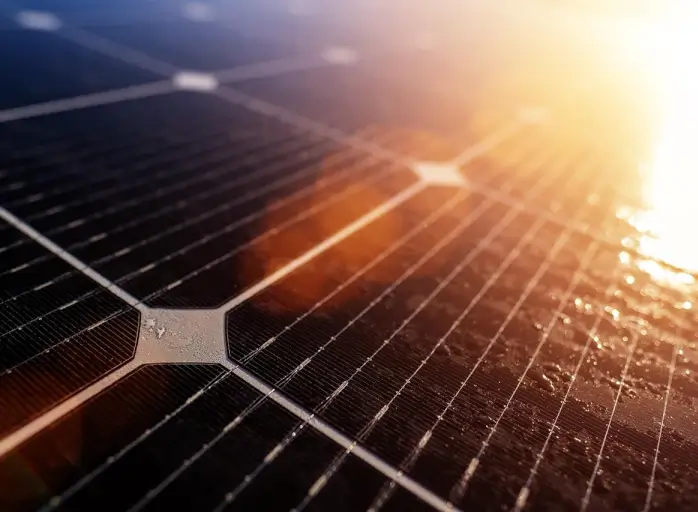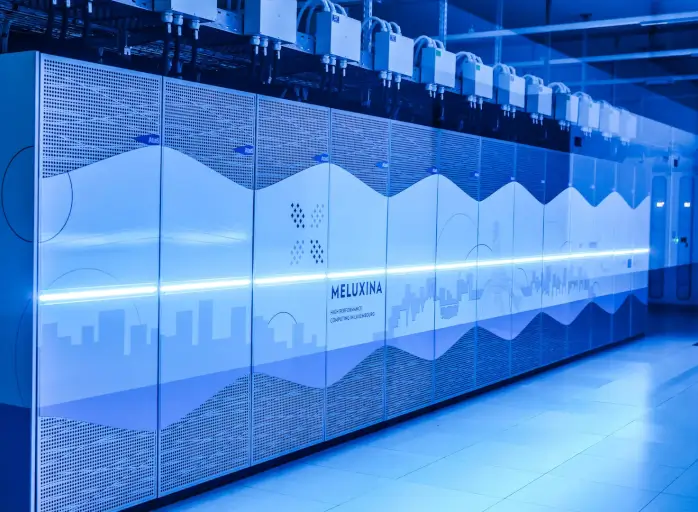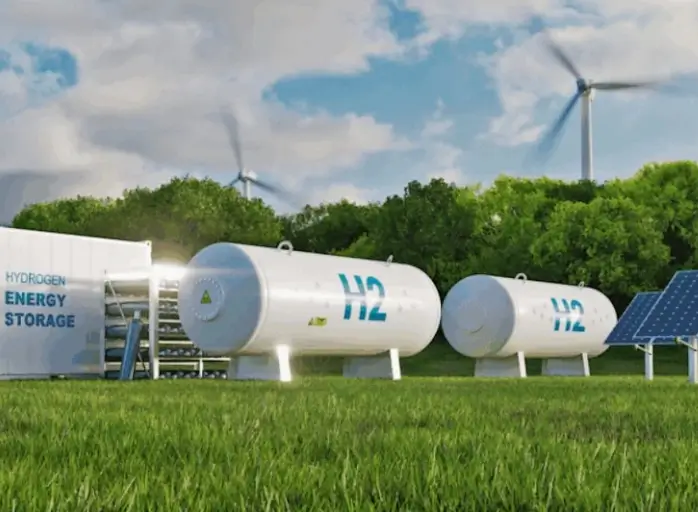

Haesaerts: Dual fuel diesel-hydrogen lorries from Luxembourg
Luxembourg’s first public hydrogen stationwill be operated by TotalEnergies in 2023. Haesaerts Luxembourg will benefit directly from this technological advance in its development of a fleet of "dual fuel" lorries.
 Jean-Michel Gaudron
Jean-Michel Gaudron
 Haesaerts Luxembourg, a road and multimodal transport company based in Livange which is member of the Altrea Logistics group, is specialised in tanker transport of liquid chemicals, gases and cryogenic products.
Haesaerts Luxembourg, a road and multimodal transport company based in Livange which is member of the Altrea Logistics group, is specialised in tanker transport of liquid chemicals, gases and cryogenic products.
After four years of research and development by CMB Tech, Haesaerts is now about to put a dual fuel lorry, fuelled by a mixture of traditional diesel and hydrogen, on the road. “This is done in ‘retro-fit’ mode,” explains Luc Haesaerts, director of Haesaerts Luxembourg. “We use new standard vehicles directly from the manufacturer’s production line and apply the CMB Tech technology that allows hydrogen to be injected with the diesel.”
Equipped lorries have a range of 450 km in dual fuel mode. When the hydrogen reserve is exhausted, they continue to run on diesel alone.
“Fantastic prospects for decarbonisation”
“The addition of hydrogen to diesel makes a drastic reduction in polluting emissions possible,” says Anthony Auert, manager of the Luxembourg AutoMobility Cluster. “It is not as efficient as a purely electric solution, but it represents a very attractive transitional solution, since it supports the decarbonisation of existing lorry fleets while maintaining a satisfactory range. Not to mention that the addition of the dual fuel kit does not compromise the maintenance of the lorries in the traditional network.”
In addition, the dual fuel kit can be adapted to other diesel-powered vehicles with a few adaptations, particularly to the computer managing the diesel-H2 mix. “This opens up fantastic prospects for decarbonising sectors such as construction or agriculture,” notes Mr Auert.
“We have known the hydrogen molecule for decades, since we transport it,” explains Mr Haesaerts. “This technology can reduce CO2 emissions by 98% compared to a normal lorry by using hydrogen and synthetic fuel based on hydrotreated vegetable oil (HVO). Replacing traditional diesel fuel with HVO has maximised the CO2 reduction. But for the time being, the brake on the development of hydrogen in mobility is the lack of refuelling stations. Currently, the number of hydrogen or HVO pumps in the Greater Region can be counted on the fingers of one hand.”
Revolution in sight
In Luxembourg, the station presented by TotalEnergie will be the first of its kind. Part of the European H2Benelux project, the station located in the heart of the ZAE Wolser A in Bettembourg, in the secure road centre of the CFL’s Eurohub South, is scheduled to come into service in late 2022 or early 2023.
Haesaerts’s technology is clearly a revolution in the world of road transport, and it is being implemented from Luxembourg. The main reason for this, in Mr Haesaerts’ view, is the mobilisation of all parties involved. “The Ministry of Mobility and the Société nationale de contrôle technique have been very effective in following up and developing this project. And we have found an excellent technical partner in Truck & Bus in Livange, which houses the development centre for electric buses for the Volvo Group.”
“Good relations with Luxinnovation”
Luxinnovation has also been present alongside Haesaerts Luxembourg for a few years to support it in its decarbonisation approach, for which the company has obtained “Neistart” funding from the Ministry of the Economy for the development of its transport network control and a new fleet of intermodal, connected and lightweight tankers. “We have had a very close relationship with Luxinnovation for a number of years and we are delighted with the connections and good information we receive from the Luxinnovation team.”
Once the last administrative details have been settled, the lorry presented in mid-September will be put on the road in the next few weeks. The Haesaerts group expects to deliver around twenty of these dual fuel vehicles per year. In parallel, an objective of developing all-hydrogen lorries is being considered for 2032.
“Luxembourg, with its geographical position in the heart of Europe and its few major players in the field of heavy goods vehicles and engine management, certainly has a role to play in the deployment of this innovative technology,” concludes Mr Auert.







